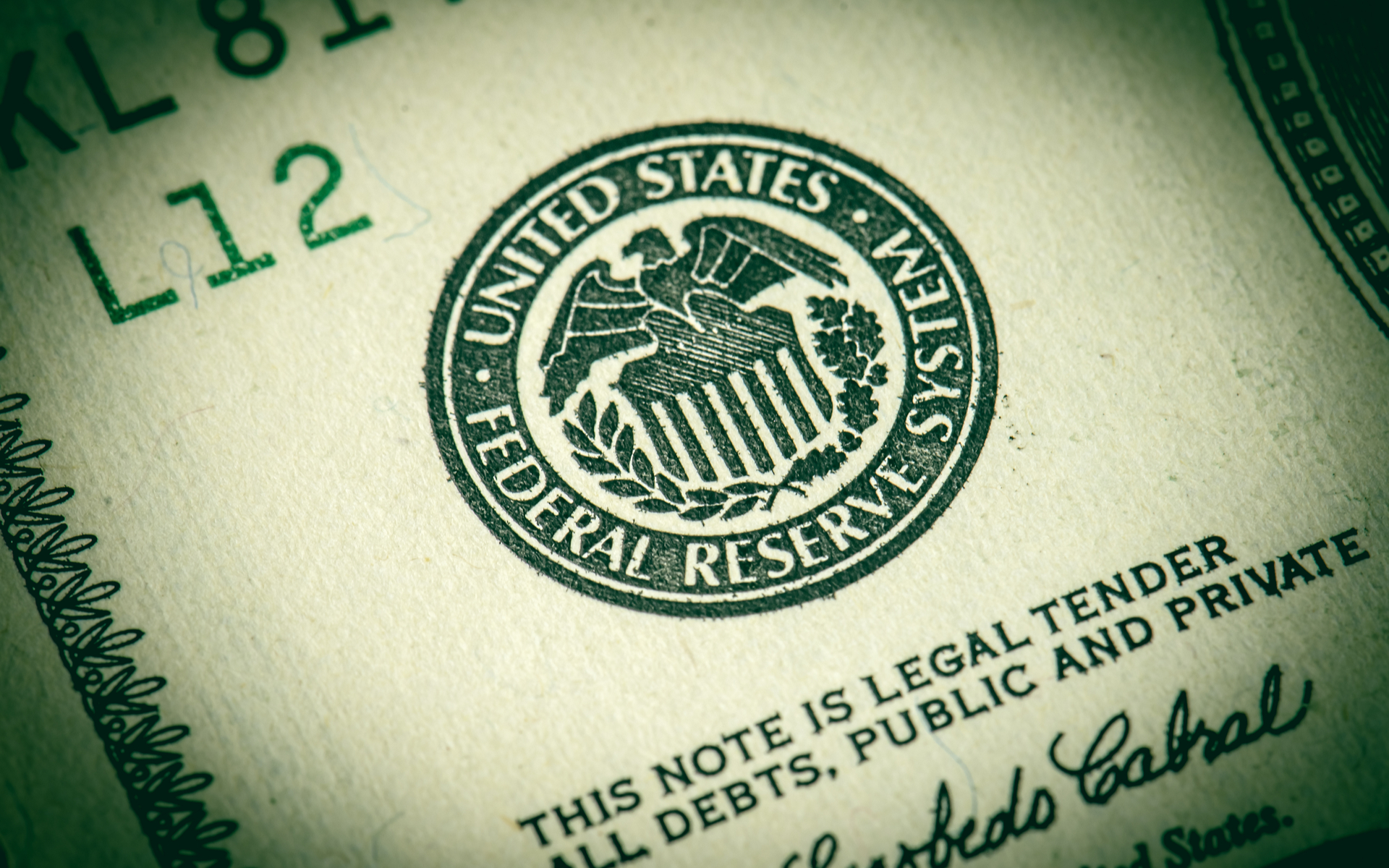PALO ALTO, Calif. (Reuters) - The Federal Reserve is taking a look at a broad variety of issues around digital payments and currencies, including policy, style and legal considerations around possibly issuing its own digital currency, Governor Lael Brainard said on Wednesday. Brainard's remarks suggest more openness to the possibility of a Fed-issued digital coin than in the past." By changing payments, digitalization has the possible to deliver higher worth and benefit at lower cost," Brainard said at a conference on payments at the Stanford Graduate School of Service.
Main banks worldwide are debating how to manage digital finance technology and the dispersed ledger systems utilized by bitcoin, which assures near-instantaneous payment at possibly low expense. The Fed is developing its own round-the-clock real-time payments and settlement service and is currently examining 200 comment letters sent late last year about the suggested service's style and scope, Brainard said.
Less than two fed coin news years ago Brainard told a conference in San Francisco that there is "no engaging demonstrated requirement" for such a coin. But that was before the scope of Facebook's digital currency aspirations were widely known. Fed authorities, including Brainard, have actually raised issues about consumer protections and data and privacy hazards that might be positioned by a currency that might enter usage by the 3rd of the world's population that have Facebook Helpful site accounts.
" We are collaborating with other reserve banks as we advance our understanding of main bank digital currencies," she stated. With more nations checking out providing their own digital currencies, Brainard said, that includes to "a set of factors to also be making certain that we are that frontier of both research and policy advancement." In the United States, Brainard said, problems that require study consist of whether a digital currency would make the payments system safer or easier, and whether it could position financial stability risks, including the possibility of bank runs if money can be turned "with a single swipe" into the reserve bank's digital currency.
To counter the monetary damage from America's unmatched nationwide lockdown, the Federal Reserve digital fedcoin has taken unmatched steps, consisting of flooding the economy with dollars and investing straight in the economy. fedcoin Most of these relocations got grudging acceptance even from lots of Fed doubters, as they saw this stimulus as required and something just the Fed could do.

My brand-new CEI report, "Government-Run Payment Systems Are Unsafe at Any Speed: The Case Versus Fedcoin and FedNow," details the threats of the Fed's existing prepare for its FedNow real-time payment system, and propositions for main bank-issued cryptocurrency that have actually been called Fedcoin or the "digital dollar." In my report, I go over issues about personal privacy, data security, currency adjustment, and crowding out private-sector competition and development.
Supporters of FedNow and Fedcoin state the federal government should Check out the post right here develop a system for payments to deposit quickly, instead of motivate such systems in the economic sector by lifting regulative barriers. However as noted in the paper, the economic sector is offering an apparently unlimited supply of payment innovations and digital currencies to fix the problemto the degree it is a problemof the time space between when a payment is sent out and when it is received in a checking account.
And the examples of private-sector innovation in this area are many. The Cleaning Home, a bank-held cooperative that has actually been routing interbank payments in different forms for more than 150 years, has actually been clearing real-time payments given that 2017. By the end of 2018 it was covering half of the deposit base in the U.S.